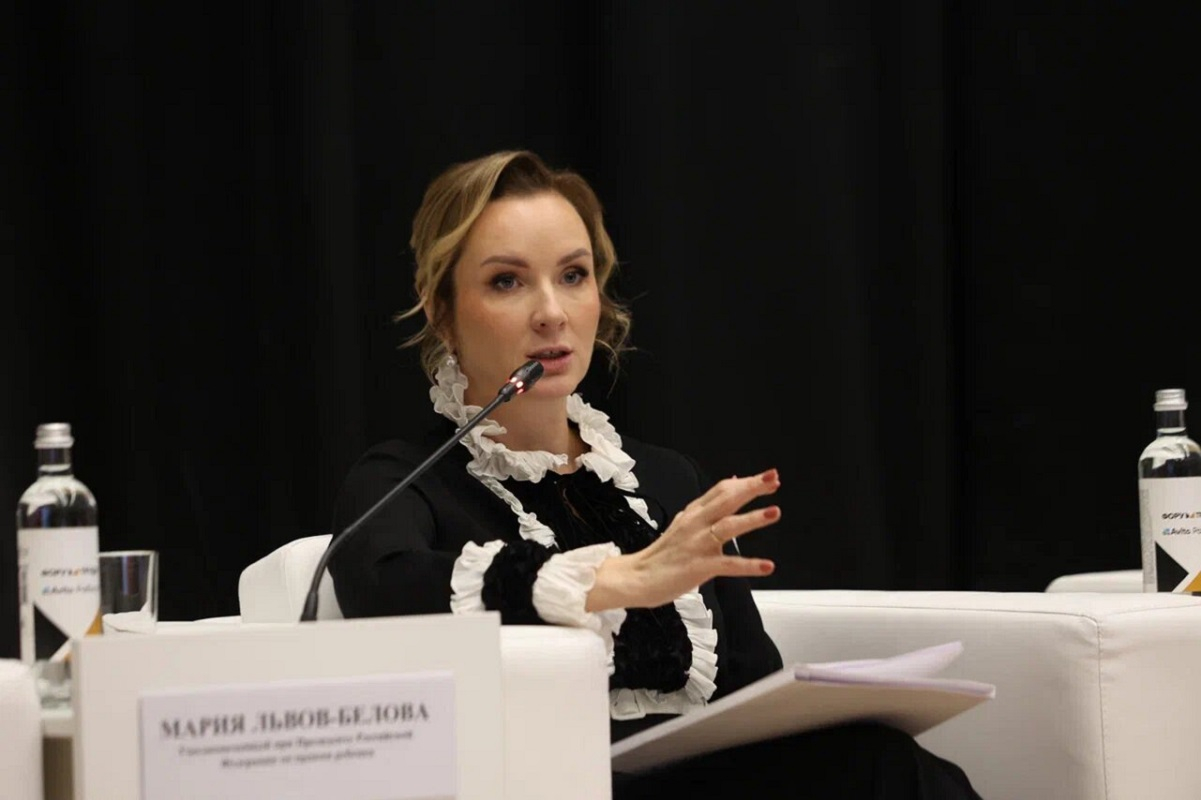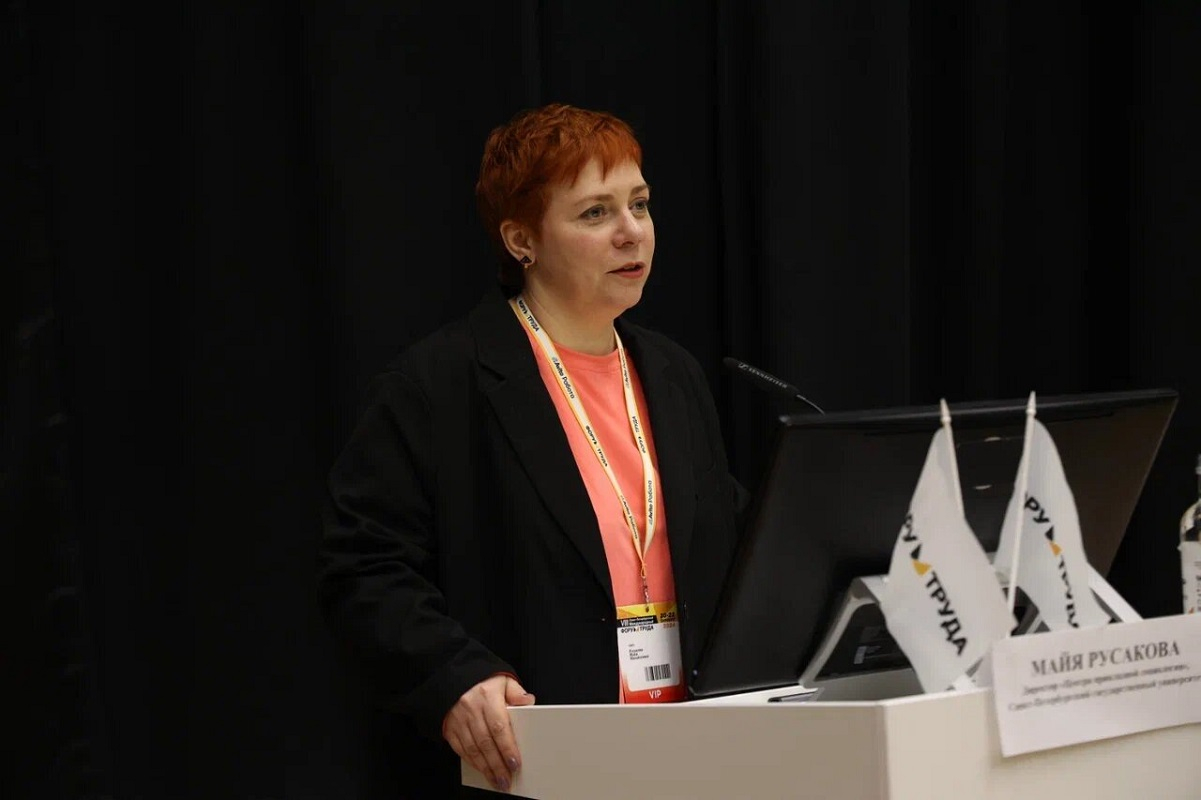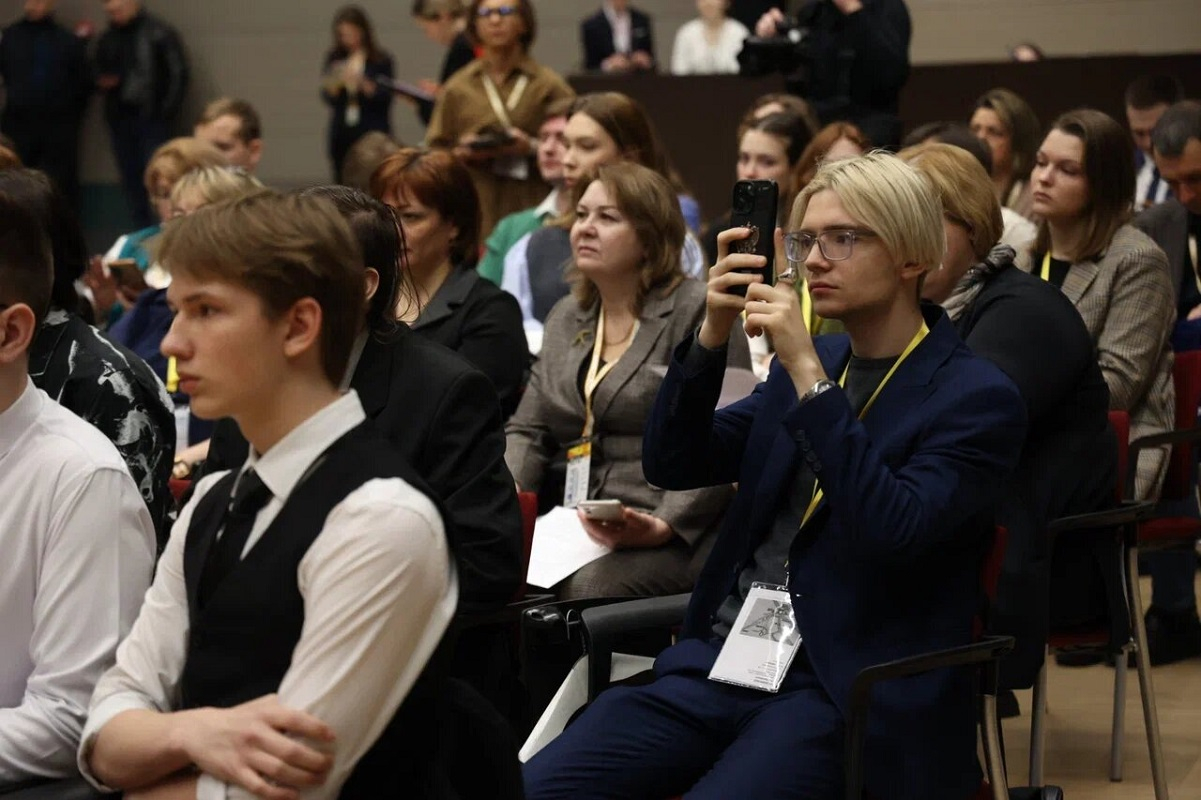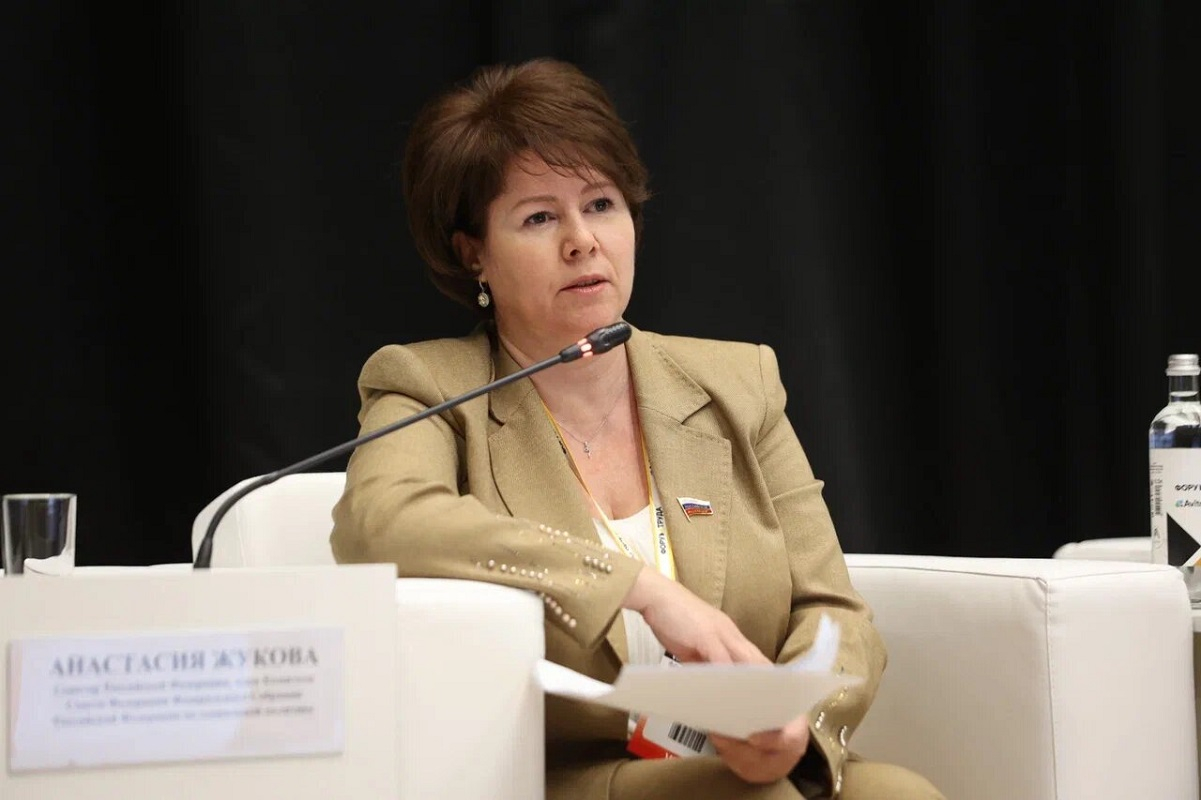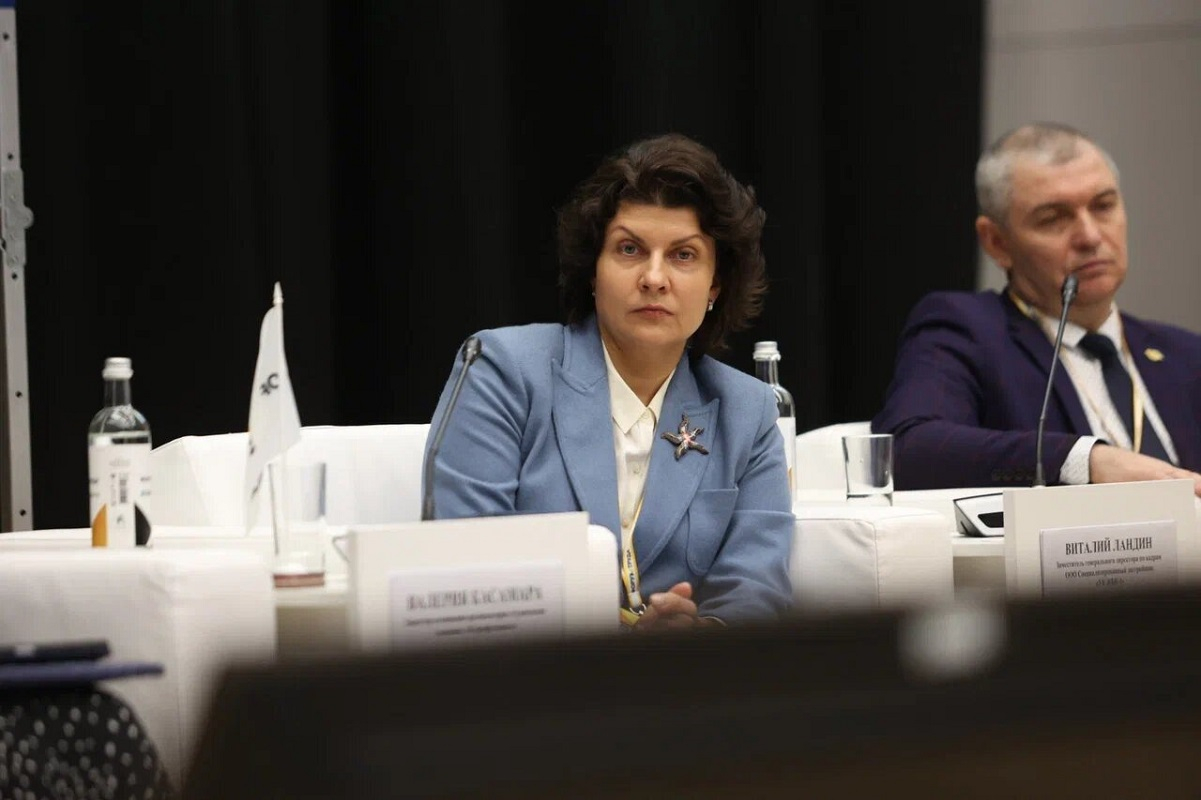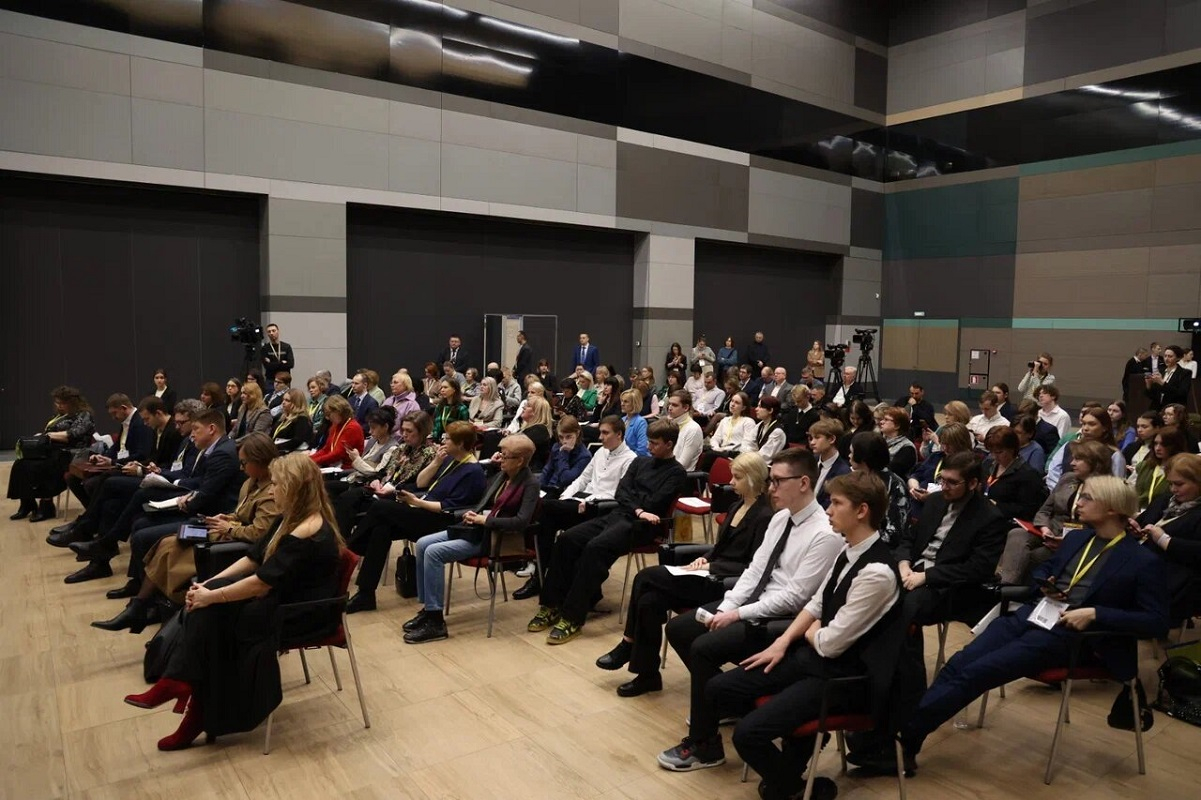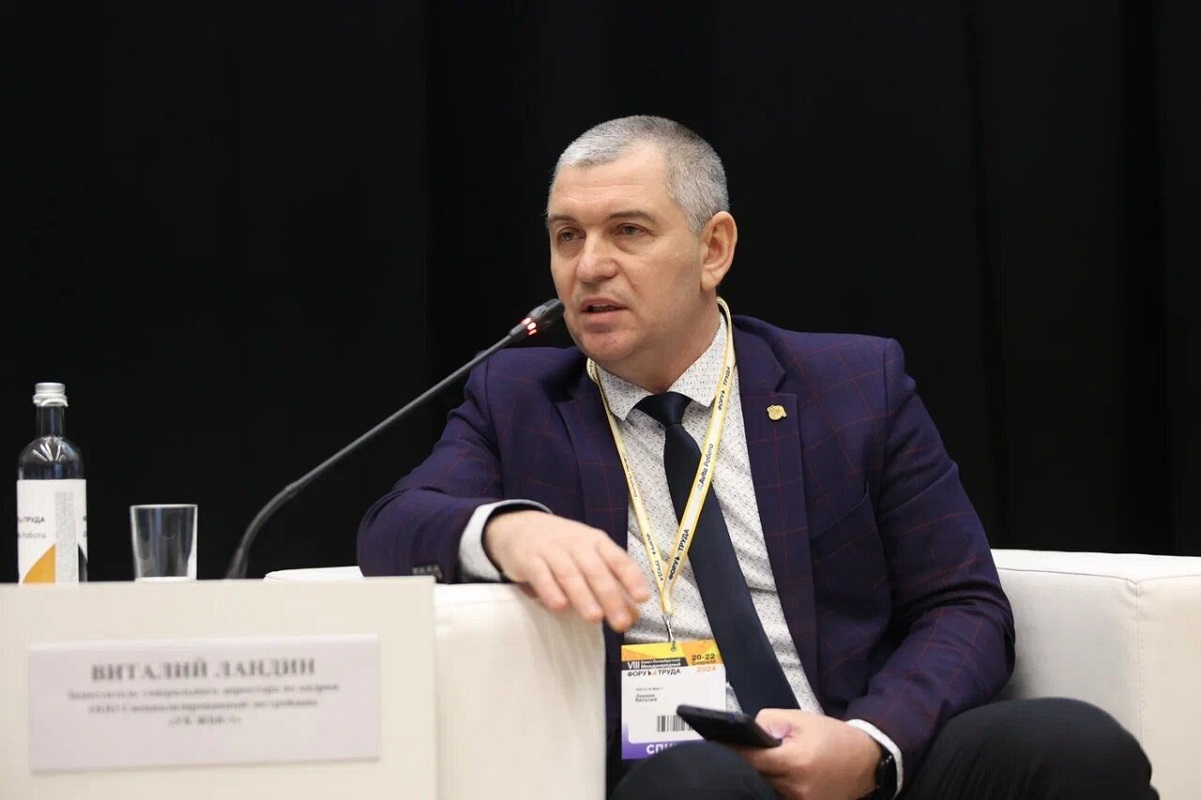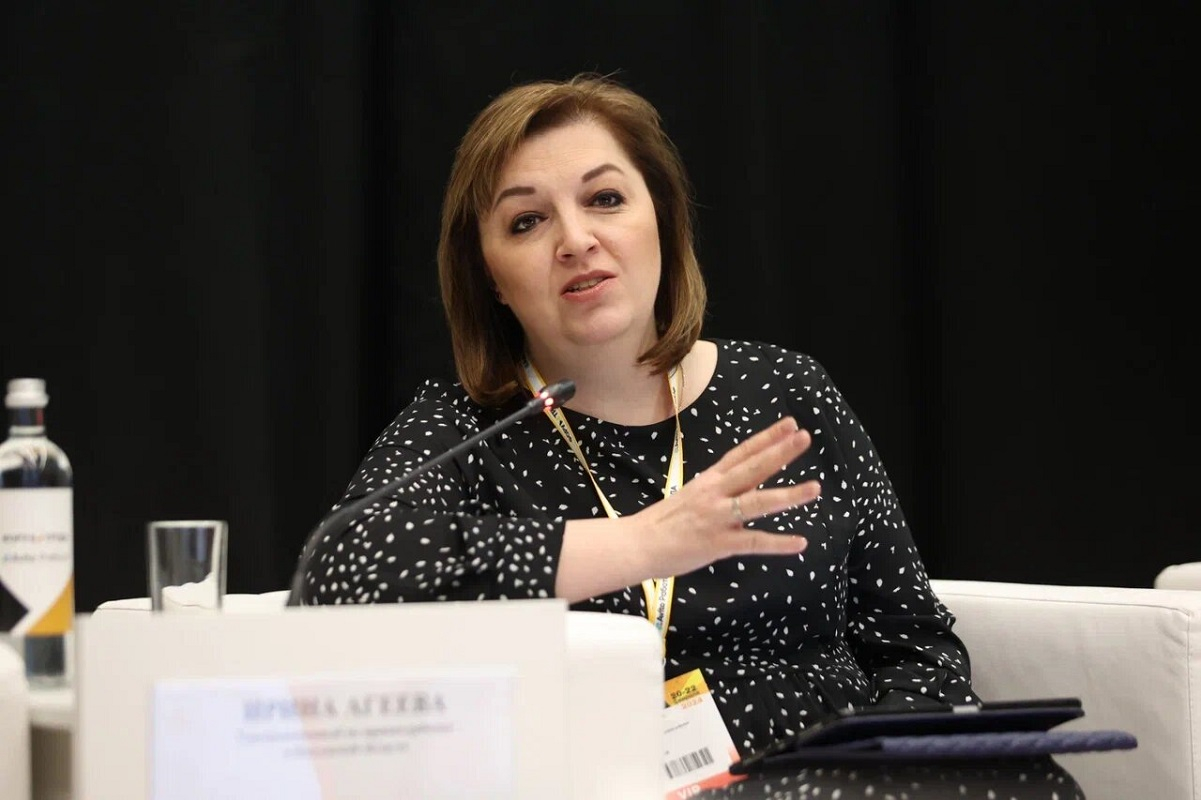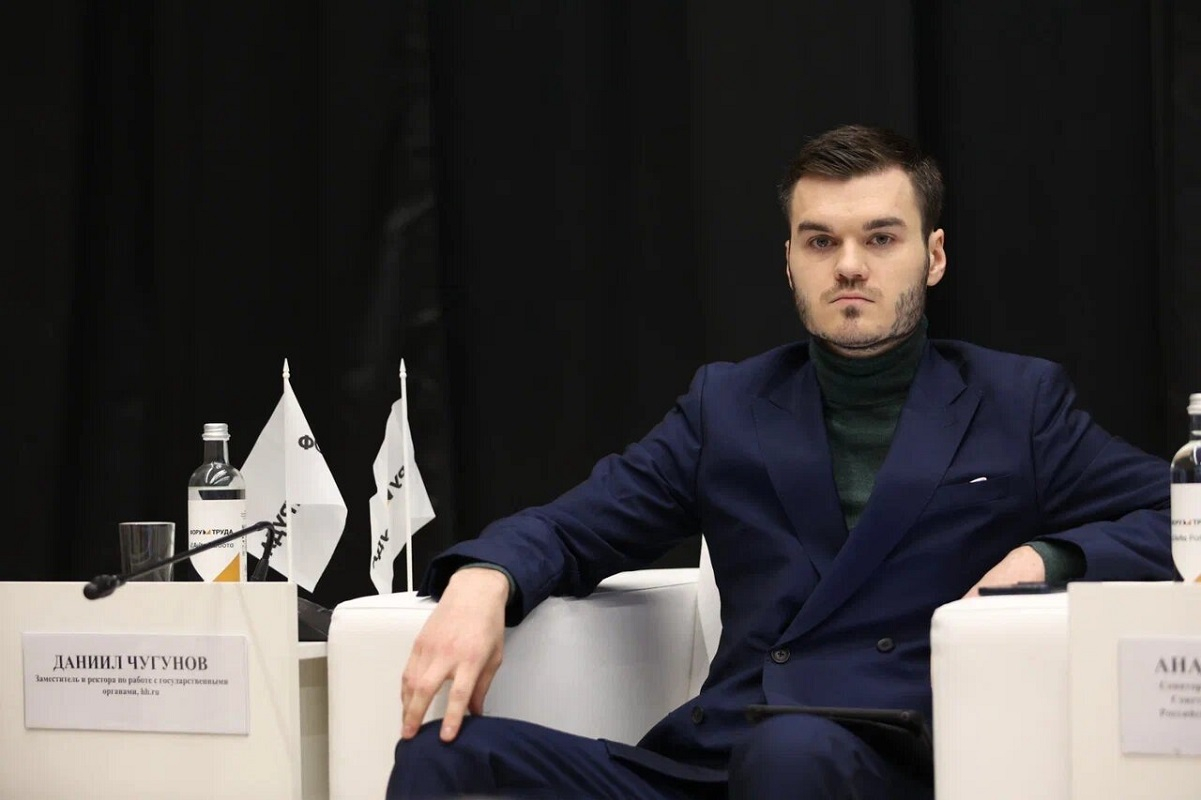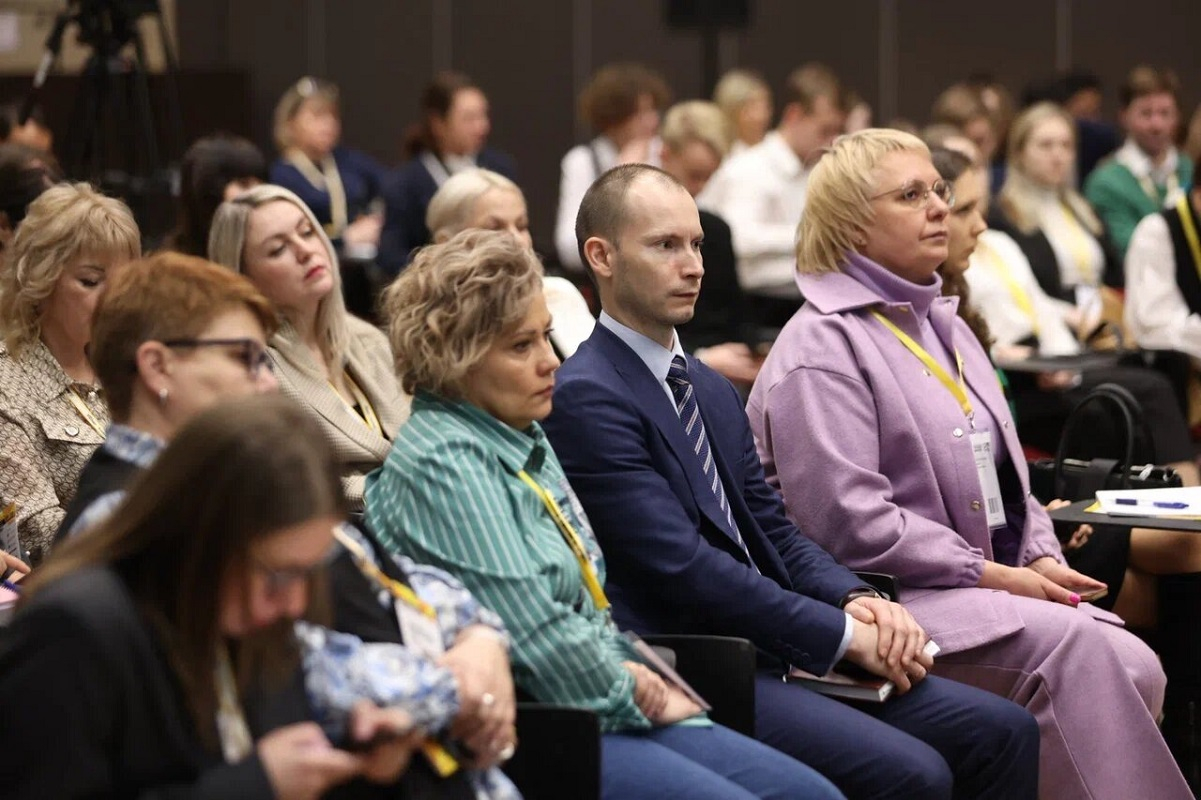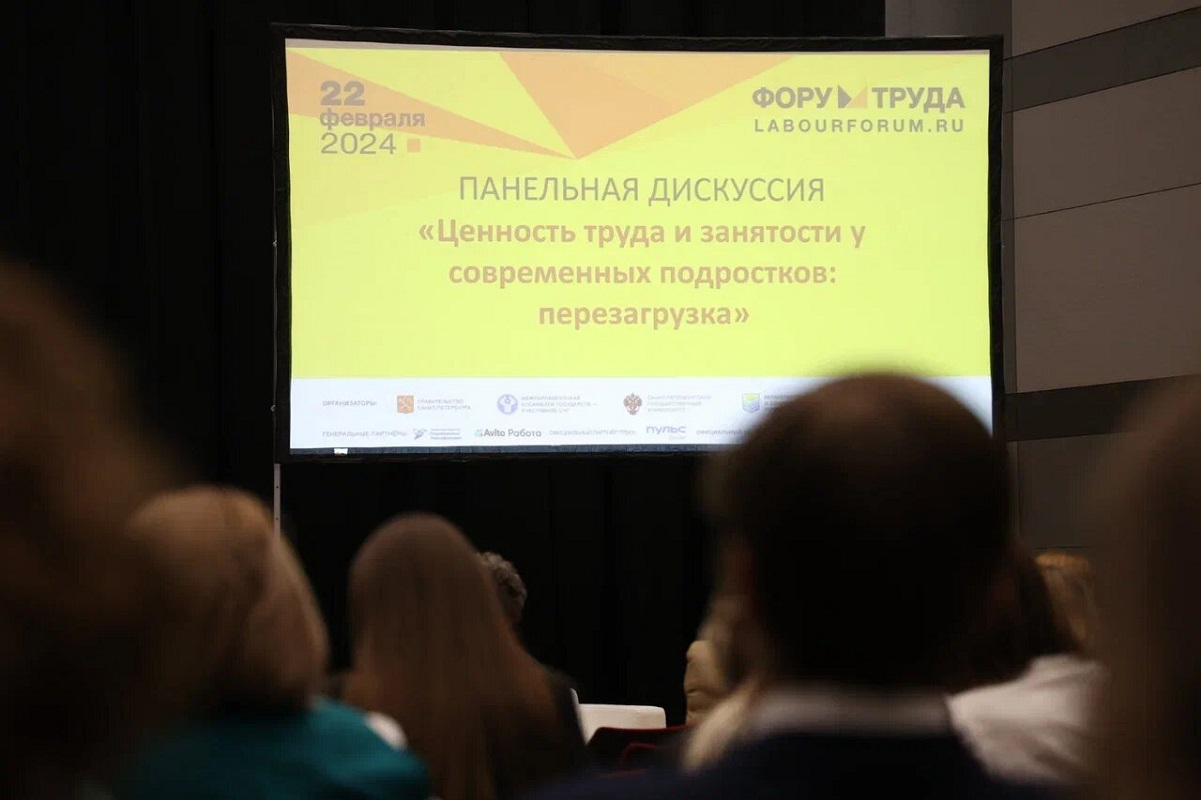St Petersburg University sociologists at the 8th St Petersburg International Labour Forum: work values should be taught in family since childhood
The 8th St Petersburg International Labour Forum hosted a discussion on adolescent employment with the participation of the Children’s Rights Commissioner for the President of the Russian Federation. Representatives of the government agencies, business community and education authorities discussed: how the younger generation’s values, attitudes and beliefs about work and employment are currently shaped; how today’s teenagers view work and employment; what they want from their future work; what guiding principles they follow when choosing their future career path; and what role parents, teachers and teenagers’ environment play in all this.
"91.2% of parents are in favour of adolescent employment. It is important that as many teenagers as possible have the opportunity to work. Our task is to create job opportunities and interesting career guidance practices, without violating children’s rights. The future of our country depends on the young workforce," emphasised Maria Lvova-Belova, Presidential Commissioner for Children’s Rights of the Russian Federation.
The discussion was moderated by Maiia Rusakova, Director of the Centre for Applied Sociology at St Petersburg University. Maiia Rusakova presented data from several surveys conducted by the Centre for Applied Sociology in 2023 and 2024: a nationwide telephone survey; interviews with teenagers and their parents; and a survey of experts in human capital development.
Parents of minors support the development of adolescent employment. Over the last year, the number of parents who have a favourable attitude towards teenage employment has increased from 90.9% in 2023 to 91.2% in 2024.
Discussion moderator Maiia Rusakova, Director of the Centre for Applied Sociology at St Petersburg University
"The surveyed Russians are unanimous in their opinion that work values should be taught in the family from childhood. Experts also agree — the family plays the pivotal role in laying the foundations for building our society’s human capital," said Maiia Rusakova.
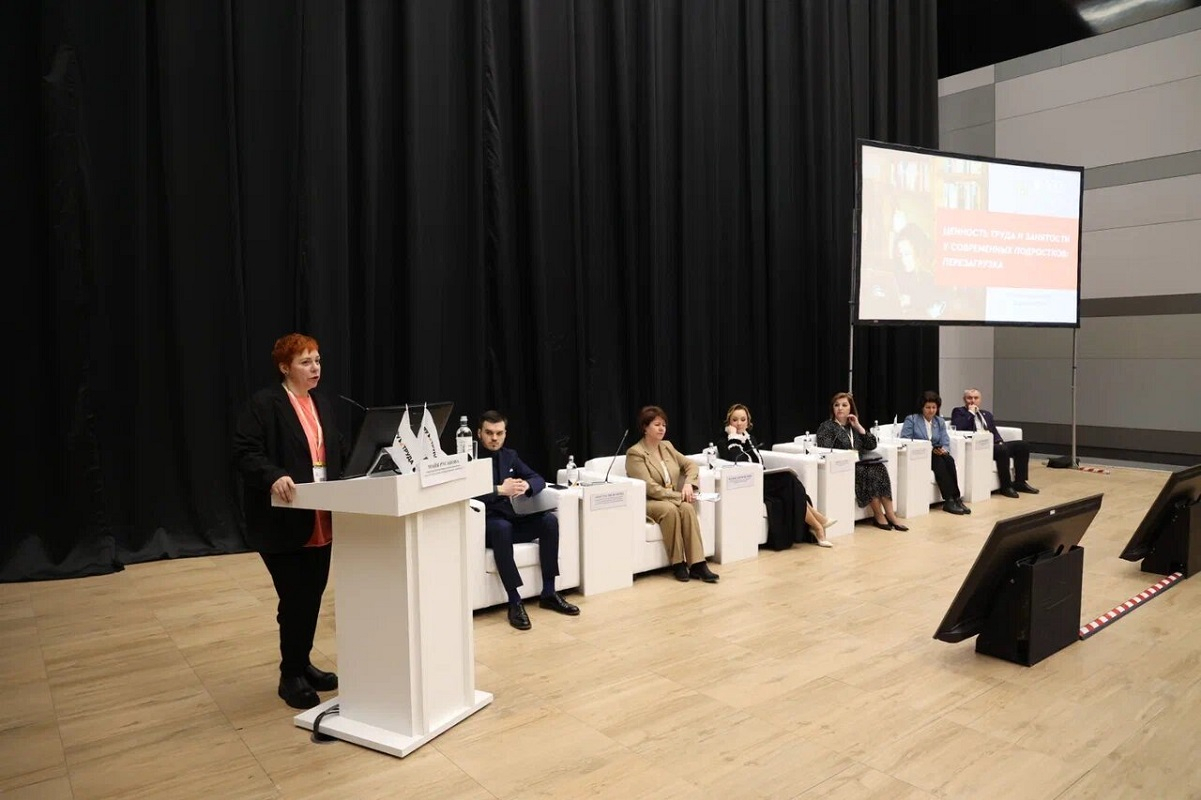
This year’s discussion on adolescent employment is a continuation of the last year’s debate that took place during the 7th St Petersburg International Labour Forum. The experts underlined that many changes have taken place over the course of 2023. Labour legislation has changed. Standards for responsible employment of adolescents were developed and presented for the first time in June 2023 at the St Petersburg International Economic Forum 2023. Also in 2023, pilot projects were launched to establish adolescent employment guidance services.
Anastasiia Zhukova, Russian Federation Senator, Member of the Federation Council Committee on Social Policy, spoke about legislative support for adolescent employment initiatives. She noted that today teenagers do not need to obtain permission for employment from their parents or legal guardians. A teenager has the right to get a job of his/her own accord. Additionally, there is a tax incentive scheme for companies that employ teenagers — they are offered a tax reduction of up to 7.6%. Teenage employees can receive northern coefficients and allowances when working in the respective regions. They can also obtain the status of "young specialists" after completing vocational education, despite the fact that they were employed as adolescents. These and many other legislative measures to support the employment of teenagers are already in effect in Russia.
According to Valeriia Kasamara, Head of the Association of Organisers of All-Russian student Olympiads "I am a Professional", the ongoing developments concerning adolescent employment are also a challenge for the system of education. There is a clear urgent need for new tools and approaches to support teenagers’ entering the profession and new practice-oriented academic programmes.
The sociologists from St Petersburg University underline that employment of minors does not compete with education. Many Russians hold the opinion that it is possible to work and study at the same time (59.4%). 63.6% of the respondents believe that working teens do not lose interest in education. As a matter of fact, early employment is one of the forms of career guidance. There is no doubt, however, that the employment of minors requires special occupational safety and legal provisions.
Dmitrii Cherneiko, Chairman of the Committee on Labour and Employment of St Petersburg, took an active part in the discussion of adolescent employment practices. He stressed that restrictions on assigning underage employees to work in hazardous and harmful working conditions cannot be lifted. Such restrictions were in place in Soviet times; and they are in effect now. The removal or waivers of these restrictions must be out of question. Dmitrii Cherneiko noted that in order to overcome staff shortages and support teenagers’ interest in employment, it is necessary to give a special focus on the regulatory framework and introduce benefits for working teenagers, for example, an exemption from income tax.
The experts particularly focused on the following categories of adolescents: children with special needs; children deprived of parental care and raised in an orphanage; and adolescents from risk groups, including those in conflict with the law. For the last category, employment can provide additional benefits — apart from career guidance and motivation. Employment is also an effective prevention tool against juvenile delinquency. The researchers note that 67.9% of the surveyed Russians agree that it is essential to provide job opportunities for adolescent offenders.
According to Pavel Goriunov, Director of the St Petersburg City Centre of Social Programmes and Prevention of Asocial Phenomena among Youth ‘CONTACT’, in debates about adolescent employment, we should not lose our focus and forget about the teenagers themselves and their values. The teenagers who are engaged in the Contact Centre’s activities say that their primary employment goals are: to obtain a character reference letter from the employer to the Commission on Minors’ Affairs and Protection of Their Rights in order to be deregistered and to socialise with their peers. These teenagers trust their adult supervisors and take them into confidence. Pavel Goriunov emphasised that it is crucial that we not only discuss the development of the labour market and adolescent employment, but also understand that adults set examples for children.
Natalia Gorbacheva, Managing Partner of OOO "Funt Iziuma" ("A Pound of Raisins"), Director of the Endowment Fund for Bone Marrow Donation and Oncological Disease Treatment "Strana pomogaet" ("The Country Helps"), and Vitalii Landin, Deputy Director General for Human Resources at "Management Company ZhBK No 1" Specialised Developer OOO, shared experiences in the employment of teenagers. Natalia Gorbacheva said that the organisation provides an inclusive and tolerant environment for teenagers and people with disabilities who work side by side as the catering team. Thus, teenagers can gain not only work experience, but also learn how to interact with people with disabilities. The company collaborates with psychologists to arrange flexible work schedules for the employees, build the production chain, and resolve misunderstandings in a timely and satisfactory manner, nipping conflicts and insults in the bud. Vitalii Landin said that the company implements an individual approach to teenage employment and creates different forms of activity. Thus, they offer 2-3-month vocational training programmes for 9th and 10th graders, where teenagers can acquire skills of a professional house painter and plasterer. Teenagers are employed for the summer holiday period. For college students, they arrange individual work schedules. Also, there are projects aimed at children from orphanages, and group excursions where teens can try their hand at the company’s jobs.
The sociologists from St Petersburg University conducted interviews with teenagers and their parents. According to their findings, teens become especially interested in employment at the age of 14-15. The potential stumbling block is the disconnection between employment options on the labour market and the adolescent’s career aspirations. The survey participants believe that teenagers can work in the service sector, filling in positions that do not require high qualifications: as junior staff in the service and sales sector (27.9%), as couriers (22%), and as promoters (9%). The teenagers, on the other hand, stress that they are not always interested in such job, because it is important for them to make a contribution.
The main theme of the 8th International Labour Forum is ‘Labour, employment, human resources: new challenges and solutions’. The event is organised by: the Government of St Petersburg; St Petersburg University; the Inter-Parliamentary Assembly of States Members of the Commonwealth of Independent States; and the ExpoForum Exhibition Centre, with the support of the Ministry of Labour and Social Protection of the Russian Federation.
The sociologists state that regarding work values, Russians believe that children should be taught responsibility, diligence, discipline, respect and determination. And although many Russians assign the fundamental role in this matter to the family, during the adolescence, equally as important roles play the teenager’s environment, education organisations, sport and leisure centres, and the state. Currently, many of Russia’s regions offer subsidies for adolescent employment programmes, and local entrepreneurs come up with interesting teenage employment initiatives. In particular, Irina Ageeva, Children’s Rights Commissioner for the President of the Russian Federation in the Kaluga Region, voiced the need to establish and develop youth centres in the regions that would help teenagers find jobs and provide information to companies about such opportunities. In fact, businesses are becoming more and more interested in employing teenagers. Thus, Daniil Chugunov, Vice Government Relations Director at HeadHuner Group said that, according to their data for 2023, employers were looking for over 40,000 teenage employees, which is 198% more than in 2022.
Tatiana Ivanova, Acting Director of the St Petersburg Employment Centre, also took part in the discussion on adolescent employment. The event attracted teenagers and their parents. The experts stressed the importance of further discussion and developing favourable conditions for the employment of teenagers.


